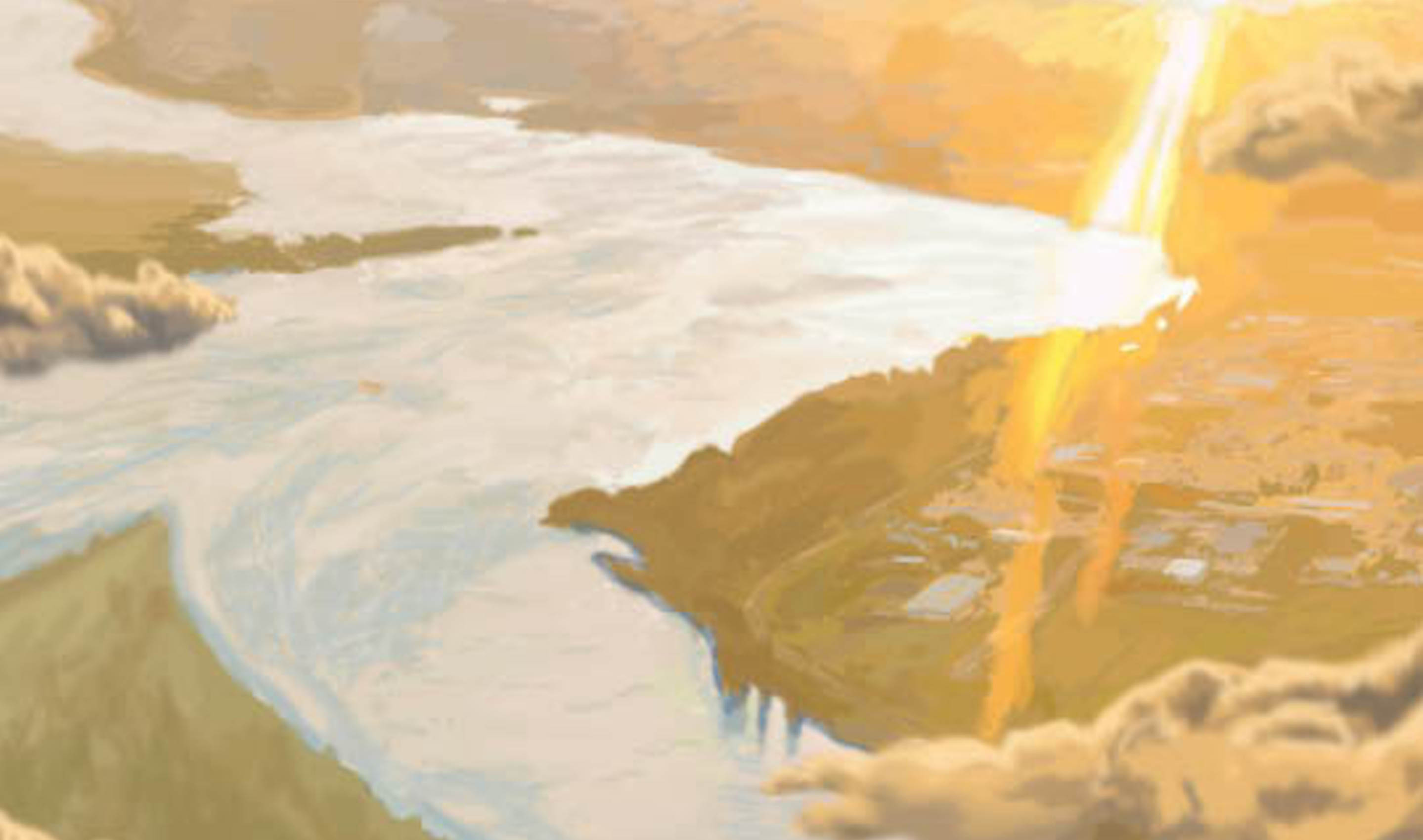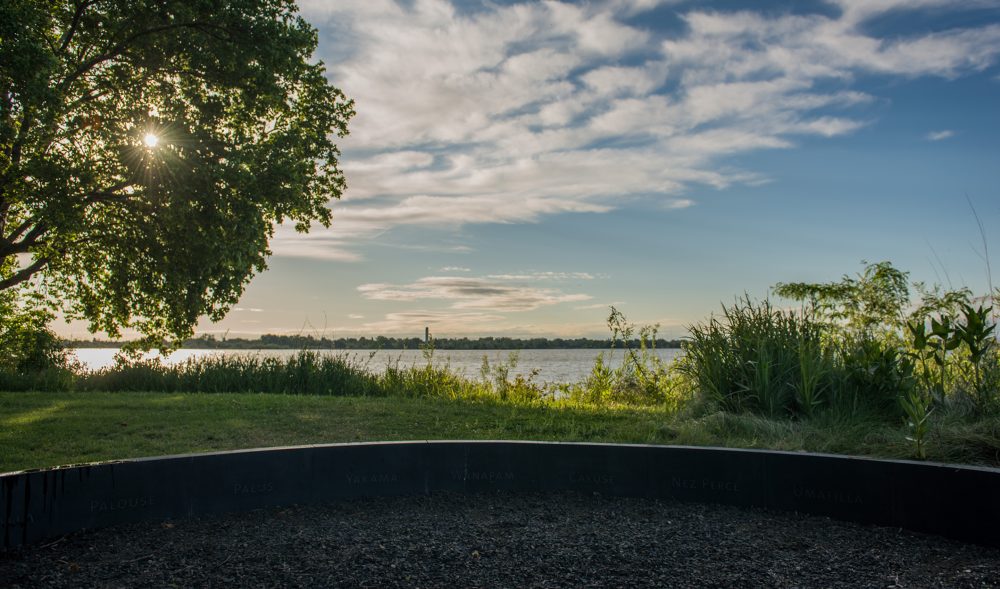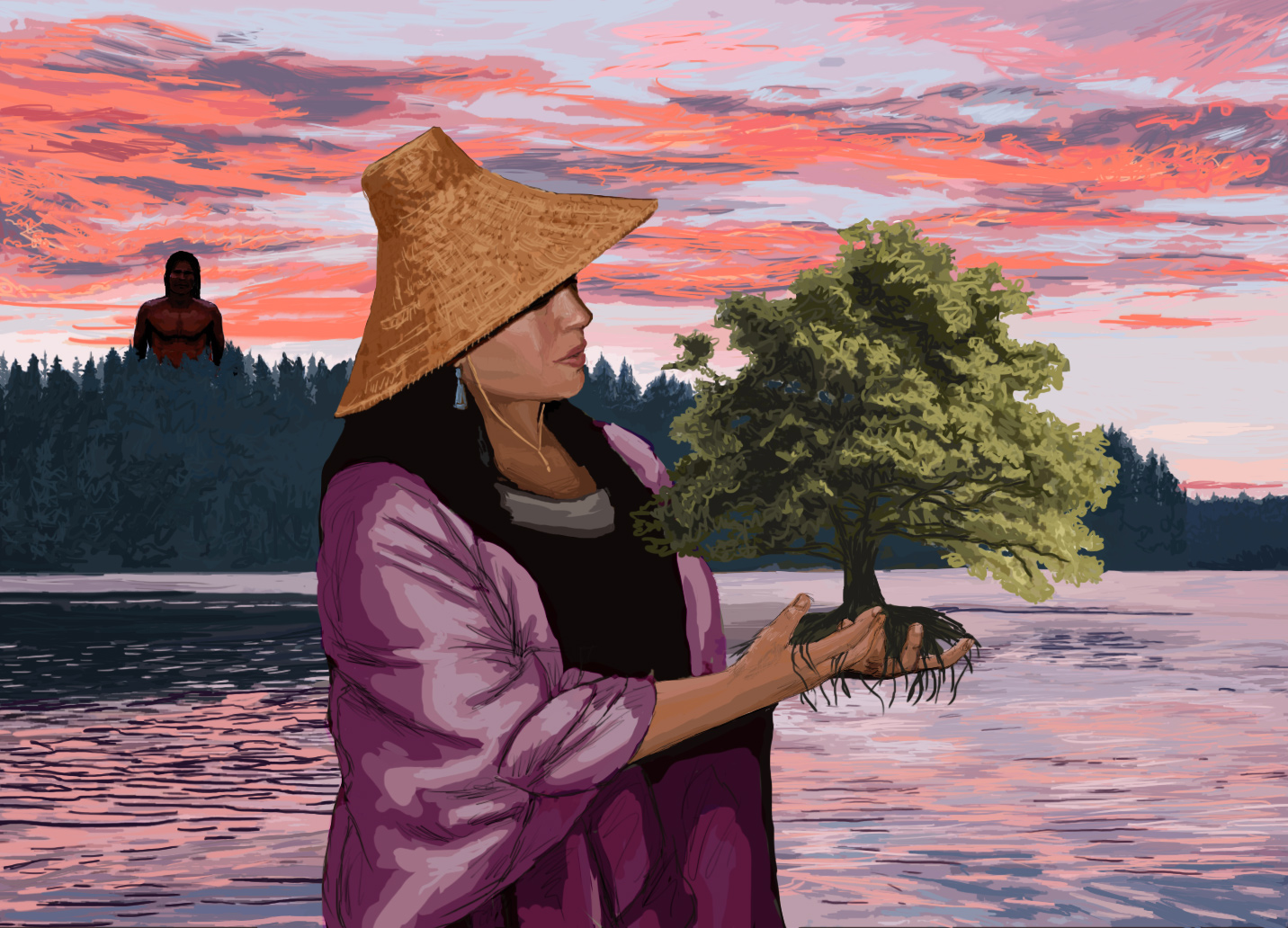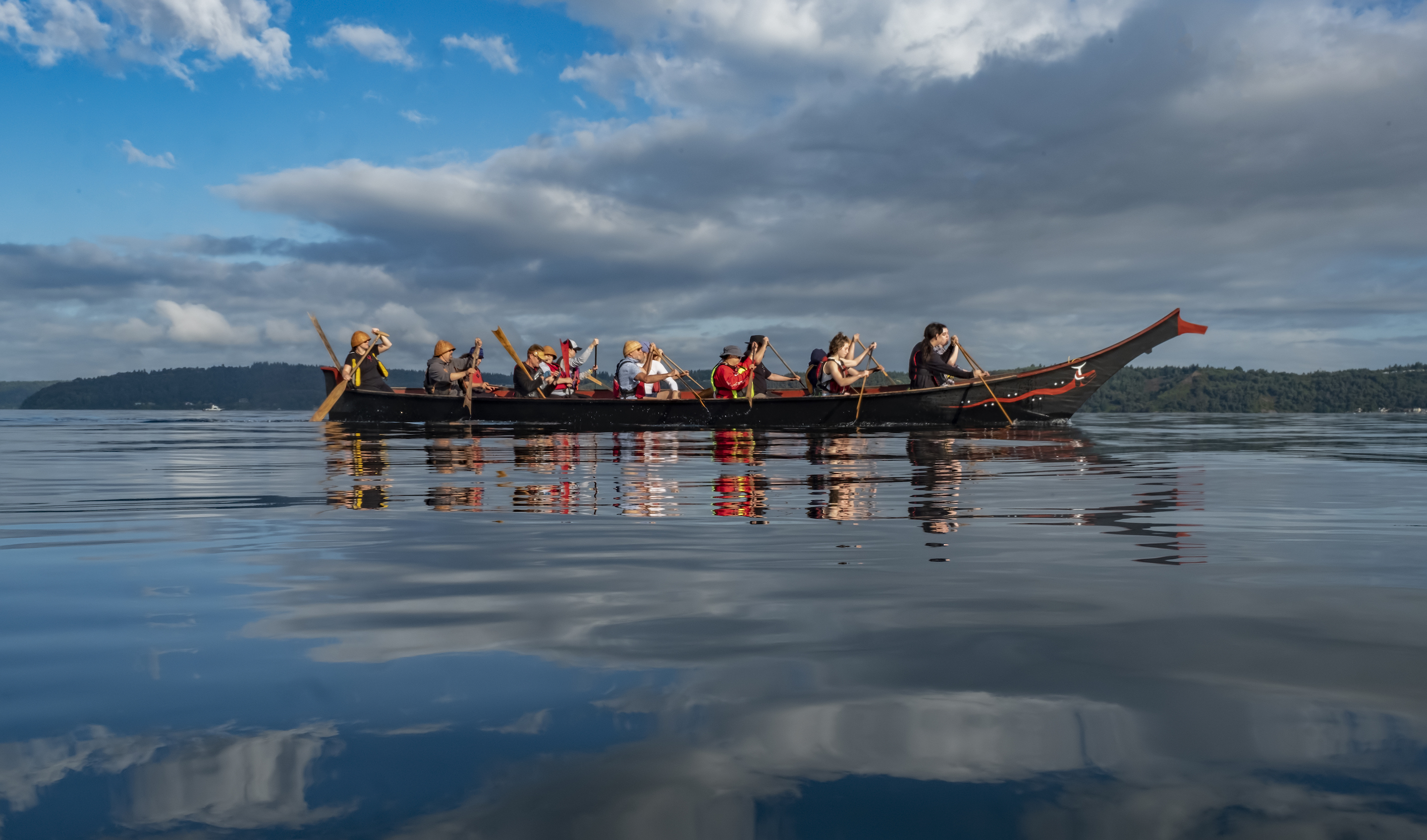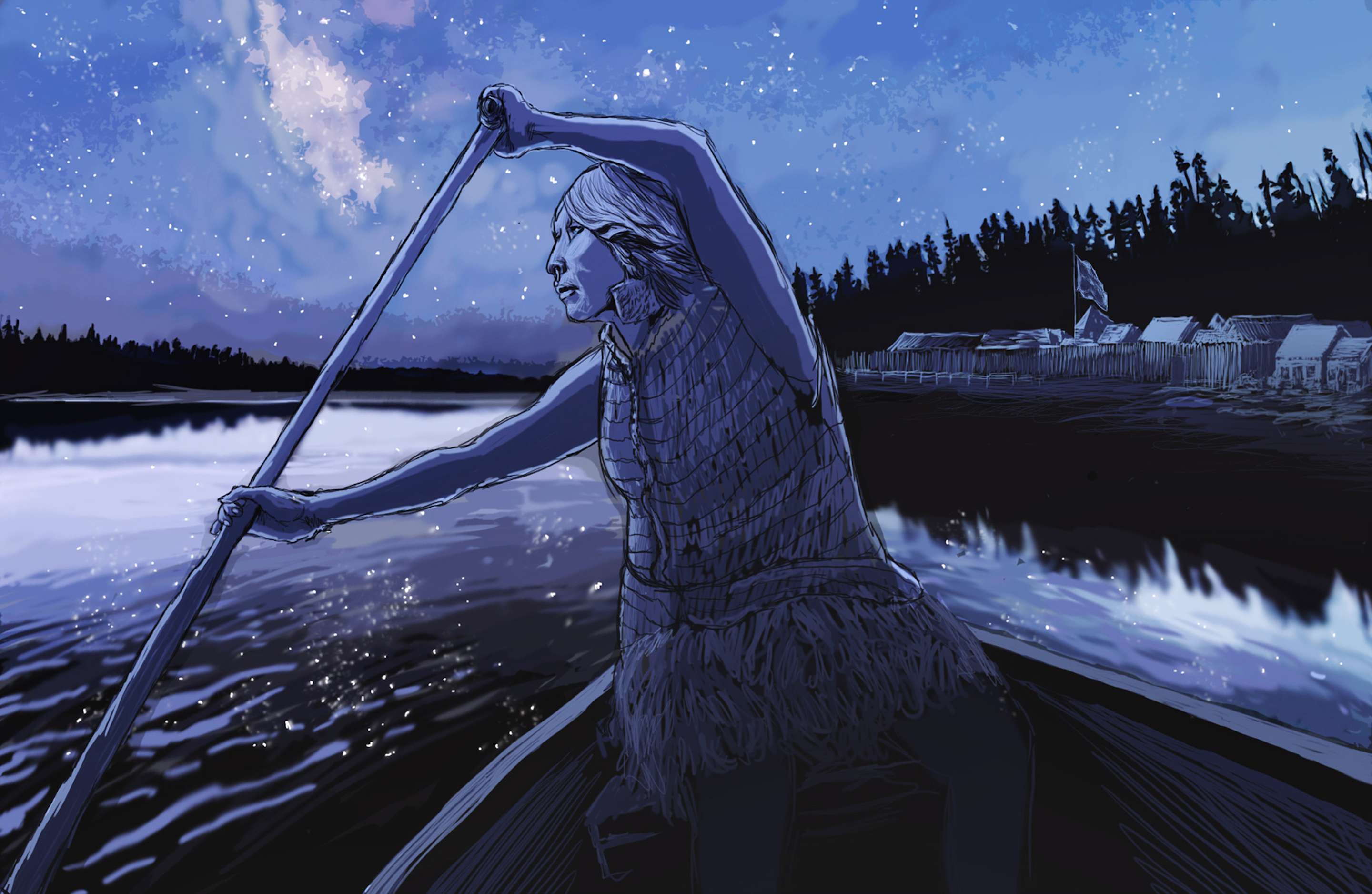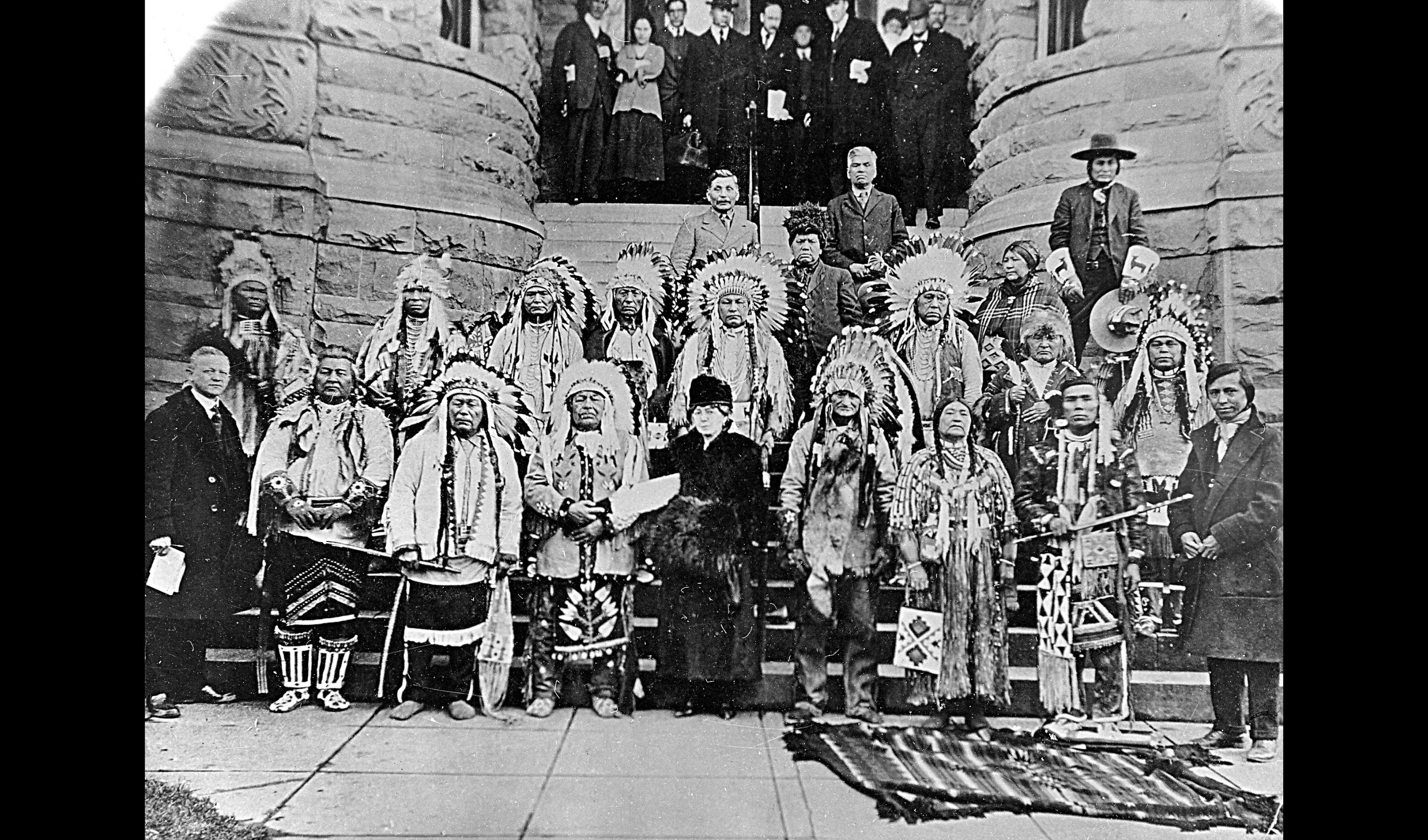Confluence Library
In November 2022, Confluence launched a new publication. Voices of the River journal features articles, stories, poetry and artwork by Native American writers and artists from Northwest Tribes. Confluence and its supporters celebrated the release of the inaugural issue of the journal during a launch party and panel discussion on November 18, 2022 at the Oregon Historical Society in Portland, which is shared here in podcast format.
This guide is designed to guide you though the Confluence Story Circles.
“During the winter, I listened to my father telling me Native legends to put me to sleep. He told the legends over and over again. I was covered up with many quilts made by long hands by Mom, Aunty, and Grandma. There would be the crackling of the fire in the wood stove while the winter wind blew outside. I was safe and secure”…Read this article by Ed Edmo on Storytelling.
The Voices of the River Journal is an extension of the work Confluence does in public gatherings, education programs in schools, and our Digital Library that features interviews, documentary shorts, photo galleries, and research papers on these subject managers exclusively from an Indigenous perspective. Read volume 1 here.
I used to fish when I was a kid; catch trout and bring them home so they could cook them. When I was little, I saw guys go to the river with a hook, and then they’d bring back fish, and then they’d cook them right off. There was always the huckleberry time to go and stay and hunt at the same time. There was always drying of meat. That was the way it was until allotments came and treaties came, and then we had to rely on the other services that were available to provide us with some food.
“At Celilo Falls, the energy of the water was really powerful. I could just feel the mist spray your face, even if you stood far away. The falls had a roar that was so loud you could hear it from miles and miles away. Even in the next town over, The Dalles, you could hear it. It was an echo that you could feel in your heart.” Read this piece by Linda Meanus, about her memories of Celilo Falls.
History did not record her wedding, how she celebrated the birth of her daughter, or what emotions gripped her when she was told her husband went to live in the sea. There’s been no acknowledgment of her own death, not even a date.
Indigenous knowledge production happens in various locations and through many methods. Indigenous scholars around the world are prioritizing the teachings of our ancestors and decentering Western frameworks. We are Rachel Cushman, an enrolled citizen of the Chinook Indian Nation, and Dr. Chance White Eyes, an enrolled citizen of the Oneida Nation of Wisconsin. We both work within the academy, actively disrupting Western frameworks and colonial structures.
Carlee Wilson tells the story of her ancestor, Ilchee, in this creative piece.
This article reflects upon the vision of Yakama Elders in illuminating a policy pathway while ensuring future generations’ fishing rights at one of their usual and accustomed places.

